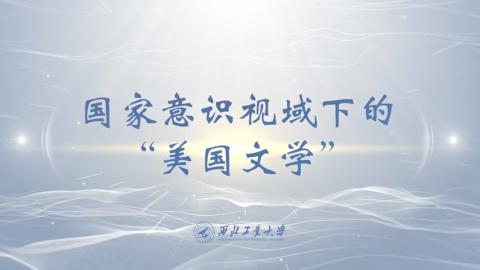Q1:
Royall Tyler’s The Contrast is deeply engaged with issues of class and social status, using its characters to critique both the lingering influence of European aristocratic values and the emerging ideals of republican virtue in the newly independent United States. The play presents a sharp distinction between old-world elitism, embodied by figures like Billy Dimple, and the virtues of modesty, honesty, and hard work, represented by Colonel Manly. Through this contrast, Tyler critiques the pretensions of wealth and inherited status while championing the idea that virtue, rather than birth or material wealth, should determine one’s social standing in America.
However, while The Contrast promotes the idea that republican values should replace aristocratic privilege, it also reveals tensions in the concept of social mobility. The play does not fully endorse a radical reordering of class but instead suggests that mobility is possible only within certain moral constraints. For example, while Colonel Manly embodies the American ideal of virtue over vanity, he is still a gentleman by birth, suggesting that the play envisions a form of social mobility that rewards virtue but does not completely dismantle traditional hierarchies. Meanwhile, the working-class characters, such as Jonathan, provide comic relief but do not rise significantly in status, reinforcing a more conservative vision of class structure.
Ultimately, The Contrast suggests that the new American republic offers the possibility of social mobility, but only for those who adhere to its ideals of virtue and patriotism. Tyler’s message is both optimistic and restrictive: America should reject the European-style aristocracy, but class distinctions remain, with moral character serving as the new marker of worth rather than mere wealth or title. This tension reflects the broader struggle of early American society—caught between revolutionary ideals and the realities of maintaining social order.
Q2:
Philip Freneau’s The Wild Honey Suckle uses the image of a native, untamed flower to symbolize the emerging American identity—one that is independent, natural, and deeply rooted in the land itself. By focusing on a wildflower rather than a cultivated European garden plant, Freneau rejects the artificial refinement of the Old World and instead celebrates the raw beauty and self-sufficiency of America. The honeysuckle, untouched by human interference, flourishes in its natural environment, much like the young American nation, which seeks to thrive outside the influence of European tradition.
The poem also reflects a deep connection between the American landscape and its cultural and spiritual identity. Freneau emphasizes the fleeting nature of the flower’s life, which parallels the transient beauty of nature and, by extension, the impermanence of human existence. This meditation on nature fosters a uniquely American philosophy—one that finds meaning and national character in the wilderness rather than in European-style civilization. The poem suggests that America’s identity is not shaped by grand palaces or ancient traditions but by its untouched landscapes, which embody freedom, purity, and self-reliance.
And the poem’s reverence for nature aligns with early American romanticism, which saw the land as a source of moral and spiritual inspiration. In celebrating the wild honeysuckle, Freneau implicitly argues that America’s strength comes not from conquest or aristocratic heritage but from its organic connection to the land. This idea would later influence the transcendentalists and the broader American literary tradition, reinforcing the belief that the country’s true cultural foundation lies in its natural beauty and democratic ideals.
.
Q3:
As the young nation sought to define itself politically and culturally, the novel served as both a moral warning and a literary experiment, shaping early American fiction.
One of the most pressing concerns in the novel is the moral education of citizens, particularly women. The story, framed as a cautionary tale about seduction and the dangers of unregulated emotion, mirrors the new republic’s anxiety over virtue and self-governance. Just as the country was trying to establish a stable democratic society, individuals were expected to cultivate personal restraint and moral integrity. The novel’s tragic ending reinforces this idea—sympathy (or unchecked sentiment) must be tempered by reason, much like the passions of a newly independent nation must be governed by law and virtue.
Beyond its moral lessons, The Power of Sympathy also seeks to establish an American literary voice by distinguishing itself from European traditions. While it borrows from sentimental novels of the time, it grounds itself in American social realities, drawing inspiration from real-life scandals. This engagement with contemporary American issues—such as family honor, reputation, and the role of women—demonstrates an early attempt to create a national literature that was not simply an imitation of British works but rather a reflection of the unique moral and social landscape of the United States.
Moreover, the novel’s emphasis on emotional connection and sympathy as a social force suggests an early vision of American identity as one built on shared moral values rather than aristocratic hierarchy. However, it also exposes the limitations of this ideal—class, gender, and power dynamics still dictate the fates of its characters, suggesting that America’s social structure, while different from Europe’s, was far from egalitarian.
In this way, The Power of Sympathy serves as both a moral guide and a literary declaration, reflecting the nation’s struggle to balance passion with reason, tradition with innovation, and personal freedom with social responsibility. It is a novel that not only warns but also experiments, setting the stage for a distinctly American literary tradition that would continue to grapple with these tensions.




 您确定给 “
您确定给 “
